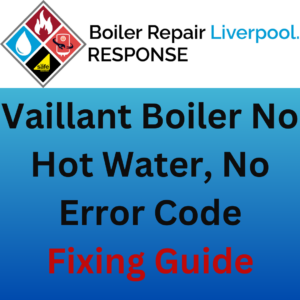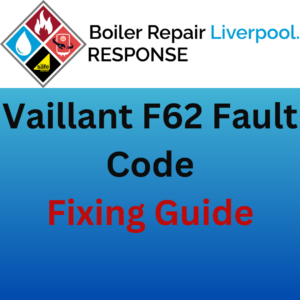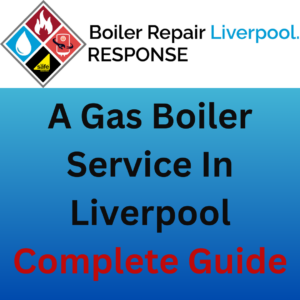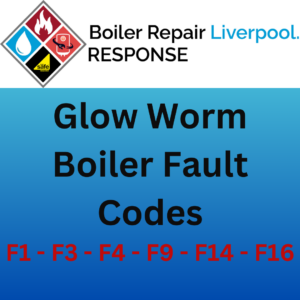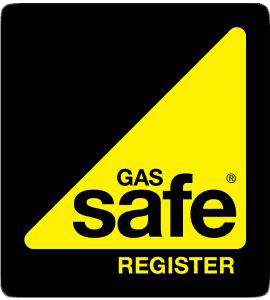A reliable and efficient boiler is essential for a comfortable home. However, like any mechanical system, boilers can encounter issues that affect their performance.
Understanding the common problems that boilers face can help you identify and address them promptly, ensuring your heating system operates smoothly.
In this blog, we will discuss seven common boiler problems that homeowners should be aware of and provide insights into their potential causes and solutions.
See Also: Different Types of Boilers
Table of Contents
ToggleCommon Boiler Problems You Should Know
-
No Heat or Inadequate Heating
One of the most frustrating problems is when the boiler fails to provide heat or produces insufficient warmth. This issue can arise due to various reasons, such as a faulty thermostat, low water levels, airlocks in the system, or a malfunctioning motorized valve.
To resolve this problem, you can check and adjust the thermostat settings, ensure the boiler has adequate water pressure, bleed radiators to remove trapped air, or seek professional assistance to diagnose and fix motorized valve issues.
-
Leaking or Dripping Boiler
Leaks or drips from your boiler can indicate a potential problem. They are often caused by issues such as faulty seals, loose connections, corrosion, or excessive pressure within the system. Ignoring these leaks can lead to further damage and increased energy consumption.
If you notice a leak, it is crucial to turn off the boiler and contact a heating engineer to identify the source and carry out necessary repairs, such as replacing seals or fixing connections, to prevent further damage to your boiler.
-
Strange Noises
Unusual noises emanating from your boiler can be alarming. Common noises include banging, whistling, gurgling, or kettling sounds.
These noises are often indicative of problems such as limescale buildup, trapped air, a faulty pump, or low water pressure.
Regular boiler maintenance, including power flushing to remove limescale and trapped air, can help mitigate these issues.
If the noises persist, it is advisable to seek professional help to identify and address the underlying cause before it leads to more significant problems.
-
Pilot Light Keeps Going Out
If the pilot light on your boiler keeps extinguishing, it can be a sign of a faulty thermocouple, a blocked pilot jet, or a damaged gas valve.
The thermocouple is a safety device that detects the presence of a flame and ensures the boiler remains operational.
See Also: What Does Ideal Boiler Fault Code 0 Mean
A heating engineer can inspect and replace the thermocouple or clean the pilot jet if necessary. It is crucial to avoid attempting repairs related to gas components yourself and instead rely on a qualified professional for safety reasons.
-
Low Water Pressure
Low water pressure in the boiler system can lead to heating inefficiencies and cause issues like reduced heat output or no hot water.
Common causes of low water pressure include leaks, a faulty pressure relief valve, or problems with the pressure-reducing valve.
Check for visible leaks, examine the pressure gauge, and adjust the pressure if required. If you can’t identify the source of the problem or the pressure keeps dropping, consult a heating engineer to diagnose and fix the underlying issue.
-
Frozen Condensate Pipe
During cold weather, the condensate pipe that carries waste water from the boiler can freeze, causing the boiler to shut down.
Insulate the pipe or thaw it gently using warm water or a hot water bottle to restore the boiler’s operation.
It is essential to avoid using boiling water or heat sources directly on the pipe, as this can cause damage. If the issue persists or the pipe freezes frequently, consider relocating it or installing trace heating to prevent future freezing.
-
Short Cycling
Short cycling refers to a situation where the boiler turns on and off frequently, leading to increased wear and tear and reduced energy efficiency.
This problem can be caused by issues such as a faulty thermostat, incorrect boiler sizing, or an accumulation of dirt and debris on the heat exchanger.
Check the thermostat settings and ensure they are correctly calibrated. If the boiler is oversized for your heating needs, consult a professional to assess and make necessary adjustments. Regular maintenance, including cleaning the heat exchanger, can also help prevent short cycling.
Conclusion
Awareness of common boiler problems empowers homeowners to identify and address issues promptly, ensuring their heating systems operate efficiently and reliably.
See Also: Ideal Boiler Fault Code L1 | How to Fix It
Whether it’s a lack of heat, leaks, strange noises, pilot light problems, low water pressure, frozen condensate pipes, or short cycling, understanding the potential causes and seeking professional assistance when needed can help maintain a comfortable and functional home.
Remember, while some troubleshooting steps can be done by homeowners, it’s important to prioritize safety and consult a qualified heating engineer for complex repairs or issues involving gas components.
Regular boiler maintenance and professional inspections can also prevent problems and prolong the lifespan of your boiler, ensuring its optimal performance throughout the year.


